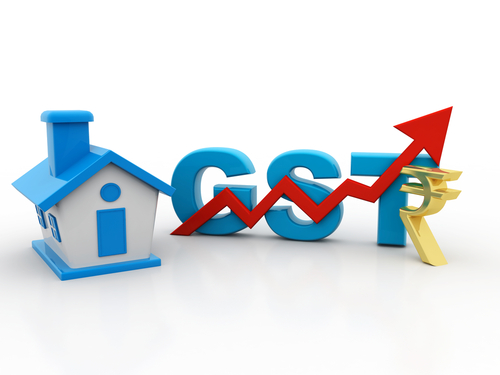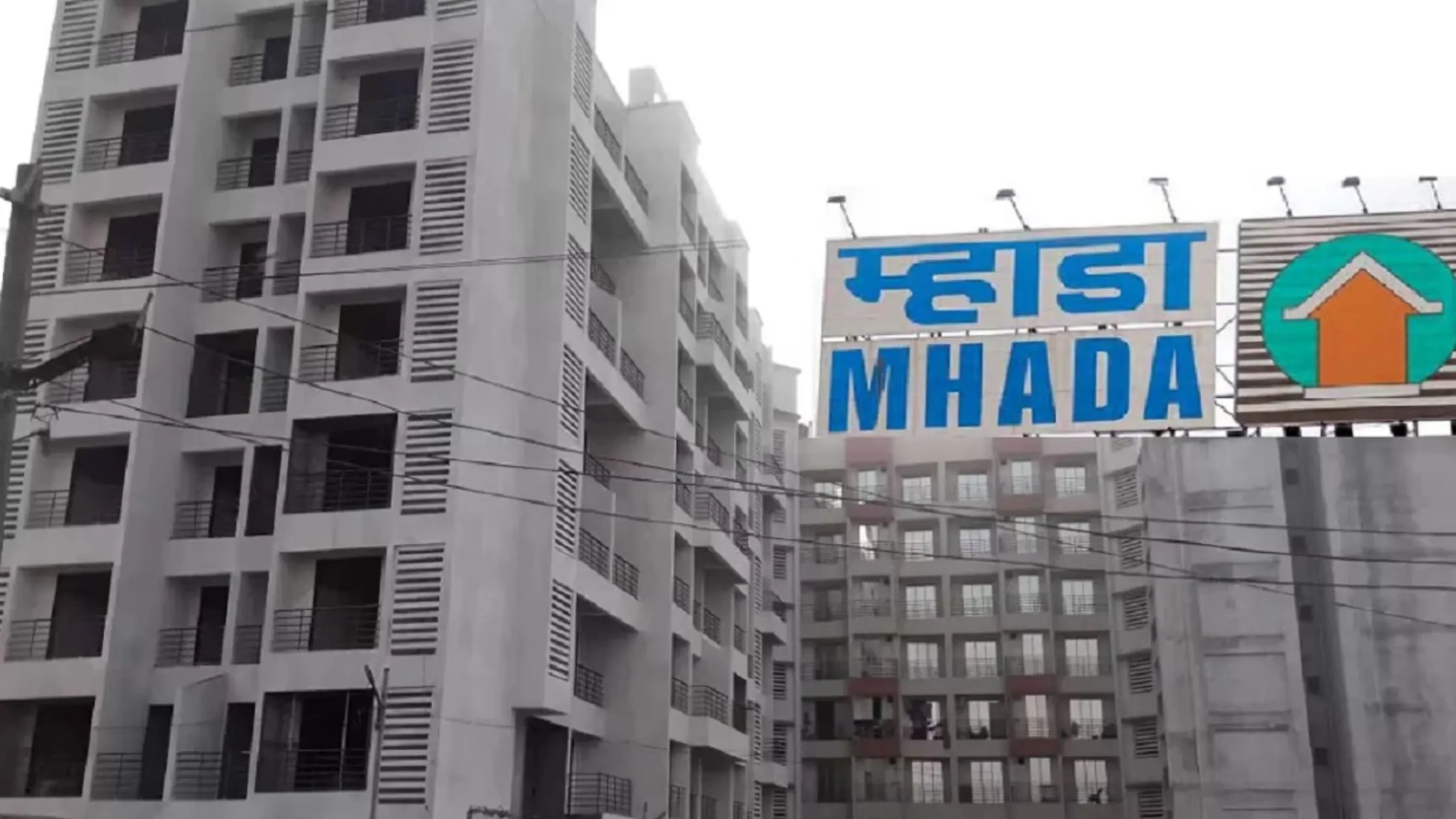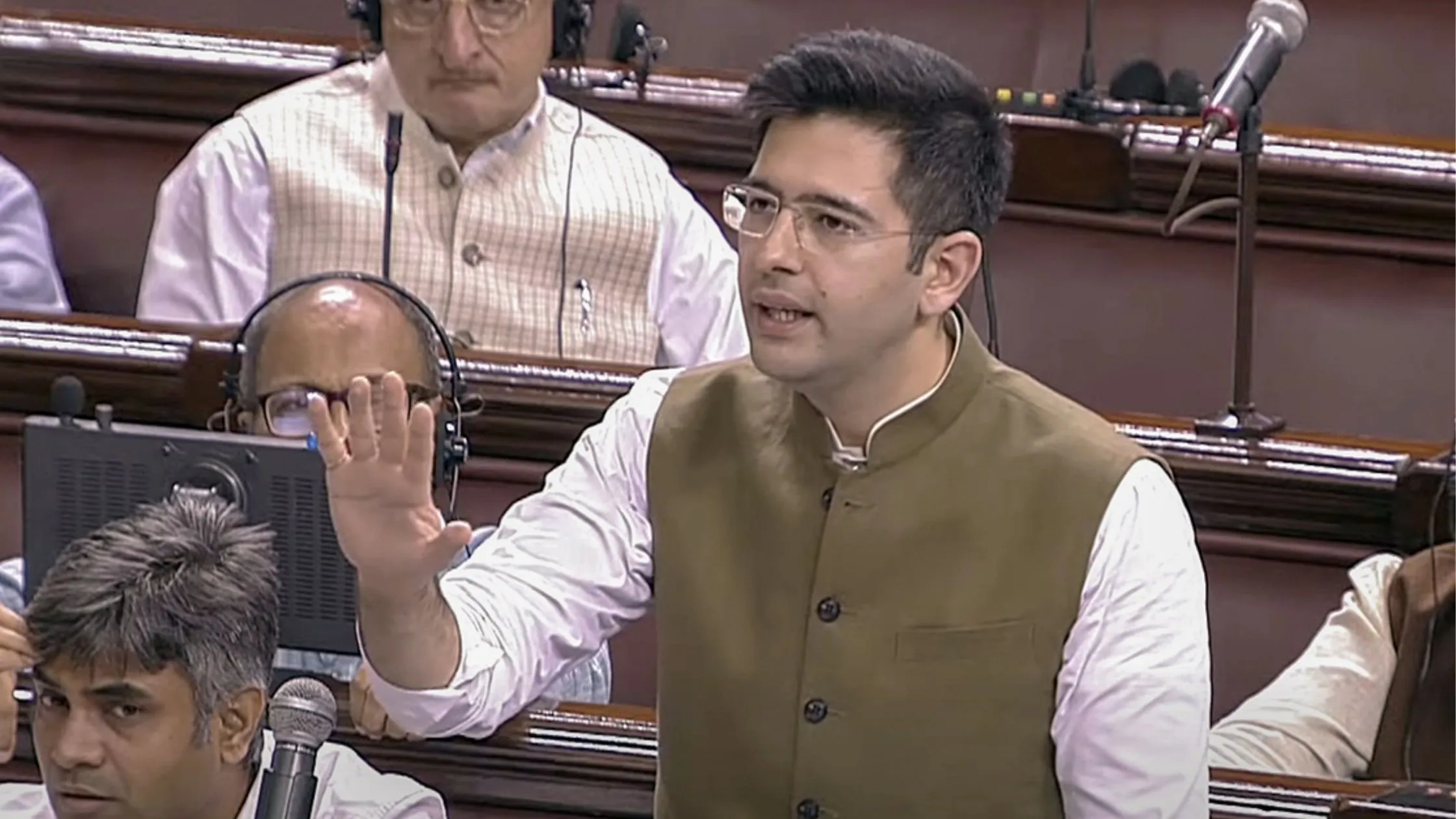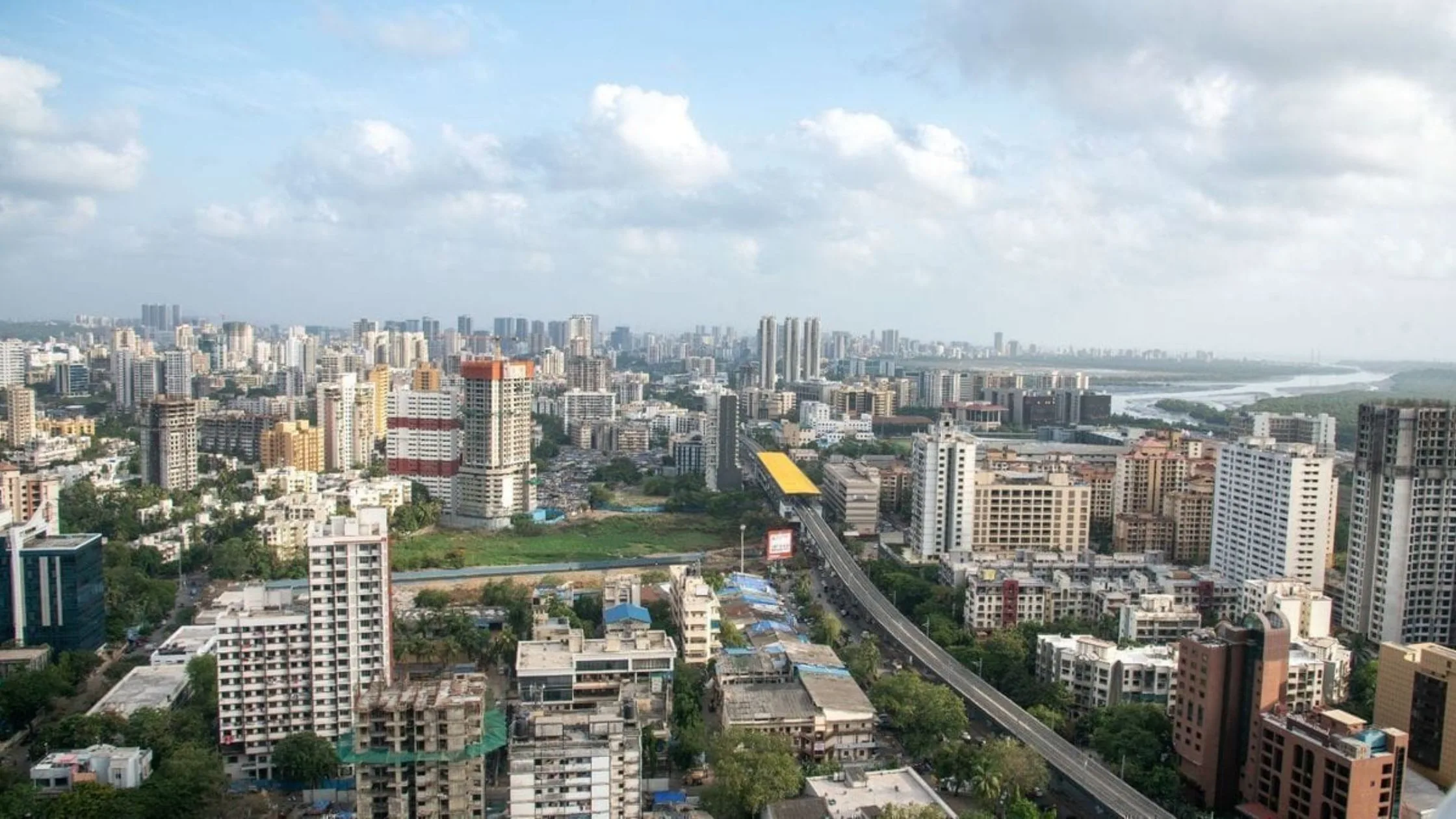Table of Content
▲
GST on Construction -All you need to know
The goods and services tax on building materials has streamlined the tax system and incorporated various state and central government taxes. The government also imposes GST on construction contracts. Before July 2017, the tax on goods and services was complex, as there were many taxes on goods and services. However, the introduction of the Goods and Services Tax (GST) has simplified the process by eliminating excise duties, Octroi, VAT, customs duties, etc. The basic needs of a person include food, shelter, and clothing. Obtaining a comprehensive Goods and Services Tax (GST) on construction is imperative, as this sector employs nearly 30 crore people nationwide. In addition, contributing assets worth two hundred billion each year. To control the activities carried out in construction, the concept of a work contract was introduced. Central taxes include service tax, production tax, central sales tax, customs, surcharges, and central taxes, etc. In addition to these, various state taxes, such as value-added tax, luxury tax, entertainment tax, purchase tax, and state taxes, along with taxes on gambling, advertising, lottery, gambling, surcharges, and income taxes. Therefore, it can be concluded that this reform involved many indirect taxes, providing an equivalent system for all taxpayers.What do you understand about the works contract in the GST on construction?
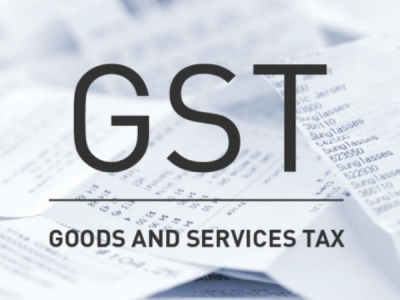 A works contract is a broad concept that includes agreements related to the construction of a structure on a property. In addition, it includes details of the raw materials and products used during the implementation of any project. For example, the GST on residential home construction will include the rate for bricks, cement, paint, wallpaper, bathroom installation, etc. GST in construction contracts consists of activities such as:
A works contract is a broad concept that includes agreements related to the construction of a structure on a property. In addition, it includes details of the raw materials and products used during the implementation of any project. For example, the GST on residential home construction will include the rate for bricks, cement, paint, wallpaper, bathroom installation, etc. GST in construction contracts consists of activities such as:
- Building
- Construction
- Fabrication
- Erection
- Completion
- Fitting out
- Installation
- Improvement
- Modification
- Maintenance
- Repair
- Renovation
- Commissioning and alteration of immovable property and transferring of properties in good
- Apartment
- Residential complex
- Single residential units
- Industrial buildings
- Multi and single-story buildings
- Administrative and commercial buildings
What are the different GST rates on building materials?
There are different types of materials used in construction sites, including cement, sand, bricks, marble, etc. Therefore, an adequate tax system has been introduced to manage the cost of these assets. However, the Goods and Services Tax (GST) on building materials varies depending on the materials used, resulting in huge bills for merchants and buyers. Here is an overview of these prices:|
Material |
GST Rates |
|
Sand |
|
|
Mica |
12% |
|
Brick |
5% - 28% |
|
Cement |
28% |
|
Crushed stones, pebbles, gravel |
5% |
|
Granite and marble |
|
|
Steel and Iron |
18% |
|
Building stones |
5% |
|
Tiles |
5% - 28% |
|
Coal |
5% |
|
Wallpaper |
28% |
|
Varnish and Paint |
28% |
|
Bathroom interiors and appliances |
|
|
Electrical Appliances |
28% |
GST rate on construction services and materials
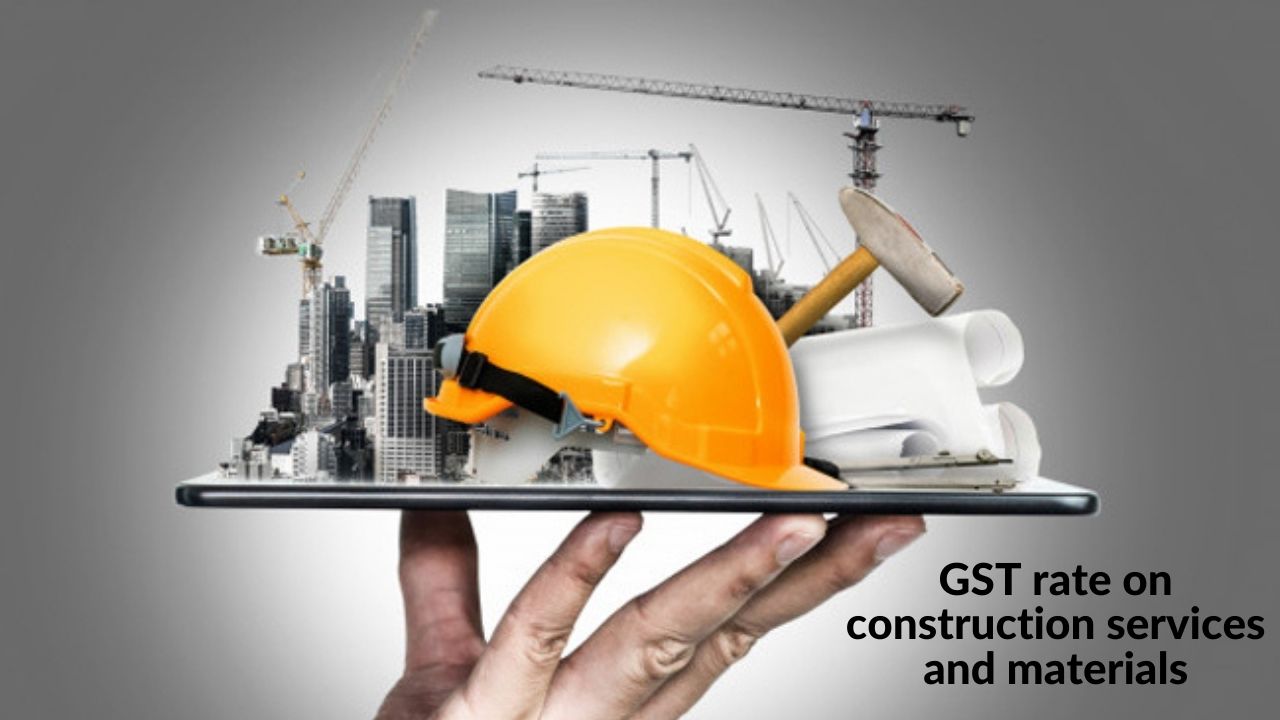 In general, the GST rate on construction services is 18%. However, this rate varies in the construction sector as does affordable housing; It is 1%. In addition, the rate of supplies, services, and construction materials is 18%, while other sectors have 5%. In the case of an ITC, the GST rate on construction services ranges from 8% to 10%.
For example, to calculate GST on under-construction property:
Suppose material and labor cost INR 75; Therefore, the tax on 45% of these materials and labor will be INR 33.75. The value of GST in construction contracts will be assessed at a rate of eighteen percent of GST, which is equal to INR 6,075. If the profit is INR 25, then the total amount of the sale before tax becomes INR 106.43. This increases to INR 111.75 after applying a 5% goods and services tax on construction and not the ITC.
Apart from this, many tutorials will tell you how to calculate GST with examples.
Various materials are required, from the foundation of the building to its decoration. GST rates on building materials vary; Some of these materials used in construction are:
In general, the GST rate on construction services is 18%. However, this rate varies in the construction sector as does affordable housing; It is 1%. In addition, the rate of supplies, services, and construction materials is 18%, while other sectors have 5%. In the case of an ITC, the GST rate on construction services ranges from 8% to 10%.
For example, to calculate GST on under-construction property:
Suppose material and labor cost INR 75; Therefore, the tax on 45% of these materials and labor will be INR 33.75. The value of GST in construction contracts will be assessed at a rate of eighteen percent of GST, which is equal to INR 6,075. If the profit is INR 25, then the total amount of the sale before tax becomes INR 106.43. This increases to INR 111.75 after applying a 5% goods and services tax on construction and not the ITC.
Apart from this, many tutorials will tell you how to calculate GST with examples.
Various materials are required, from the foundation of the building to its decoration. GST rates on building materials vary; Some of these materials used in construction are:
- Cement: Regardless of the type of cement, including aluminous cement, slag, Portland cement, hydraulic cement, or super sulfate, the rate is 12%.
- Sand: It can be the type of sand used as well as its speed. For example, the goods and services tax (GST) on building materials such as tar sand, shale or bitumen, asphalt, asphalt rock, natural asphalt, and bitumen is 18%. In the case of natural sand or any other type of mineral sand, this rate drops to 5%.
- Pebbles, crushed stone, and gravel: The GST rate on the construction of houses and other structures is 5%.
- Brick: Masonry bricks, fly ash, silica, or other fossil bricks are available at a 5% rate. However, it has been increased to 12% and will be implemented as of April 1, 2022.
- Marble and granite: GST in these materials is 12% and 28% for blocks and those that are not organized in blocks, respectively.
- Building Stone - 5% GST is applied to basalt, porphyry, sandstone, or other building stone slabs and blocks.
- Coal - Buyer pays 5% GST.
- Steel and Iron: The products of this material are available in rolls, wires, blocks, etc. with an amount of 18%.
- Mica: 12% of GST is collected.
- Tiles - Different types of tiles have different GST rates; For bamboo/clay tile floors and ceilings, they are 18% and 5%, respectively. On the other hand, cement tiles, plastic floors, industrial tiles, concrete tiles, etc. can add 28% of GST to the amount you pay.
- Interior decoration: wallpaper, paint, enamel, varnish, appliances, spare parts, etc., 28% is borne by the buyer. In addition, bathroom services such as sinks, urinals, cisterns, toilets, showers, etc. also have the same GST rate. But pipe and tubing fittings, such as elbows or sleeves made of iron, steel, plastic, copper, nickel, and aluminum, have a GST rate of 18%.

